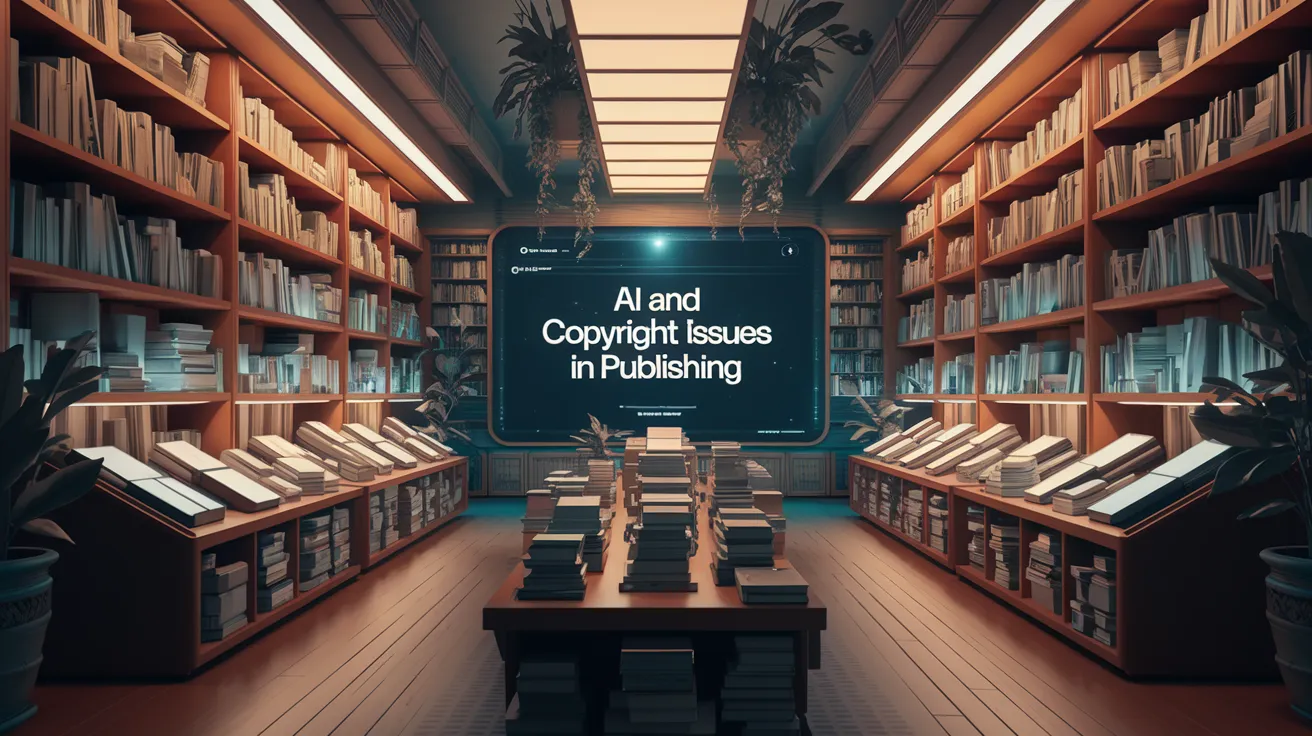AI and Copyright Issues in Publishing

Toby Walsh, an AI researcher with four decades of experience in the field, sheds light on a brewing conflict between the literary community and tech giants. Australia’s literary landscape, which includes writers, agents, and organizations such as the Australian Society of Authors, is grappling with outrage as companies like OpenAI, Google, and Meta allegedly use copyrighted materials for training their AI models without the consent of authors or publishers. Black Inc, the publisher of influential works including the Quarterly Essay, has sought to address these issues by involving its authors in discussions about compensation for the usage of their works.
Walsh himself has personal stakes in this situation, having published several works with Black Inc and poised to release more. While he acknowledges the publisher’s effort to engage authors for consent, he highlights a lack of transparency regarding the deal-making process and urgency in obtaining signatures, which raises concerns among authors about their rights and the future of their works.
As Walsh points out, small publishers like Black Inc play a crucial role in sustaining Australian literature, fostering new talent, and publishing works that may not yield substantial profits. However, this ecosystem is threatened by larger corporations that benefit from the unauthorized usage of copyrighted materials, feeding their AI models with data without any recompense to the original creators. He emphasizes that these tech companies proclaim their actions as ‘fair use,’ a claim he vehemently contests, dubbing it instead as a digital heist.
In his narrative, Walsh recalls a moment when he alerted Black Inc about the unauthorized use of his works in AI training. Though he provided evidence, he was met with skepticism due to the opaque nature of data sourcing by tech companies. He decries the injustice of tech giants profiting from his intellectual property without compensation or consent, particularly since his works are not freely available online. The allegation that his books were used without permission by these entities further exacerbates his frustration.
The conversation takes a historical turn, as Walsh likens the current plight of the publishing industry to the early days of music streaming, highlighting the theft that occurred during the rise of platforms like Napster. He argues that just as musicians were deprived of fair compensation, authors are now facing a similar fate as AI models consume and replicate vast swathes of literary work without due acknowledgment or financial reward.
Moreover, Walsh expresses grave concerns over potential changes to copyright law being proposed by the British government, which could permit AI developers to train their models on any material accessible to them, requiring creators to proactively opt out. This, he believes, is an egregious attempt to prioritize corporate interests over artistic rights.
The argument that AI model training is similar to a human reading copyrighted text falls short in Walsh’s view, as he highlights the sheer scale at which AI operates—ingesting more content than an individual could read in a lifetime. He warns of a future dominated by large AI models that may not only encompass literary works but all our collective knowledge, thereby creating an imbalance of power and control that extends far beyond the literary realm.
Ultimately, Walsh calls for a restructuring within the publishing industry, advocating for small publishers to gain negotiating power against tech giants. He believes that for the literary world to sustain itself in this new landscape, robust protections for authors and their works are paramount, lest the invaluable contributions of writers be wholly consumed by the profit-driven motives of a few tech conglomerates.